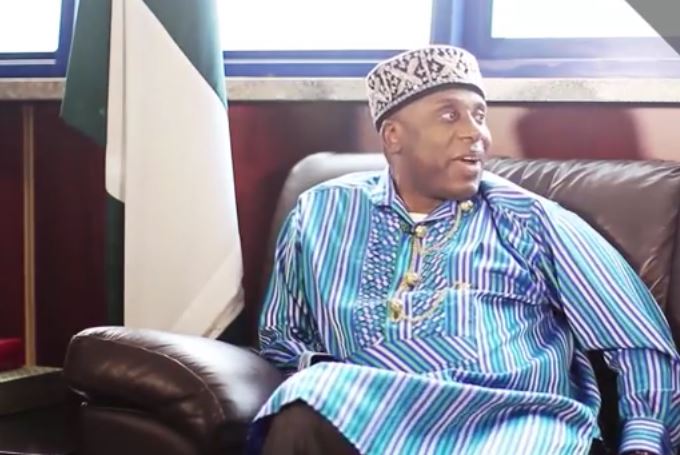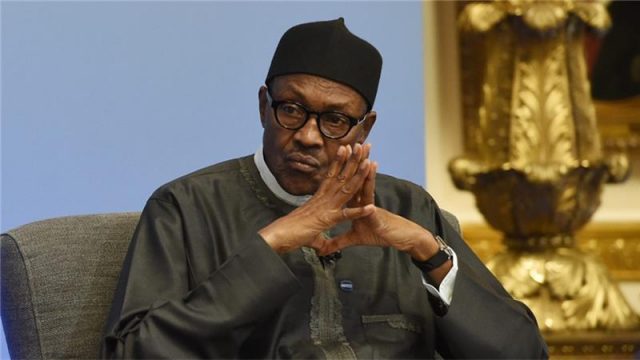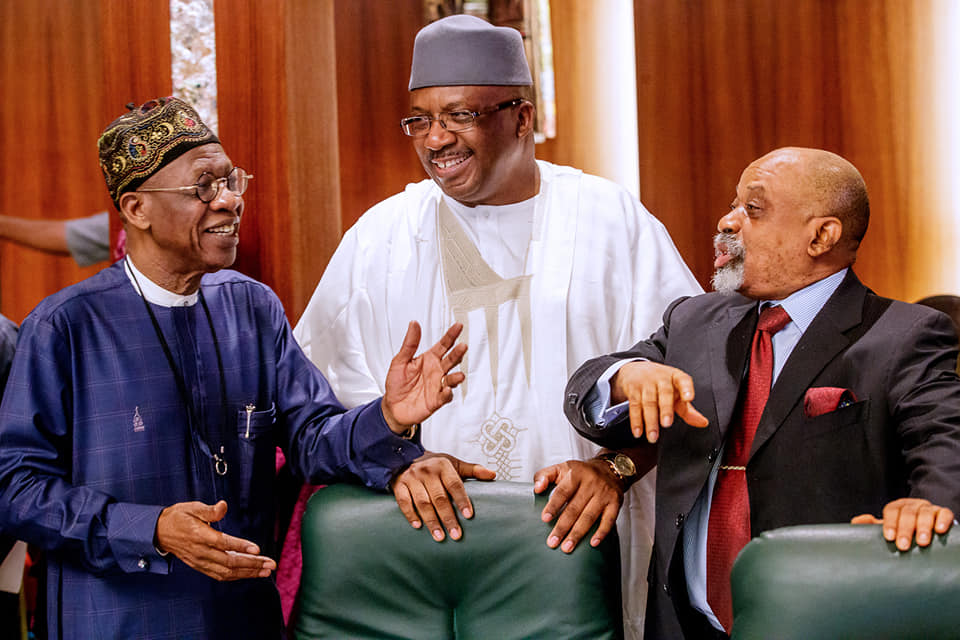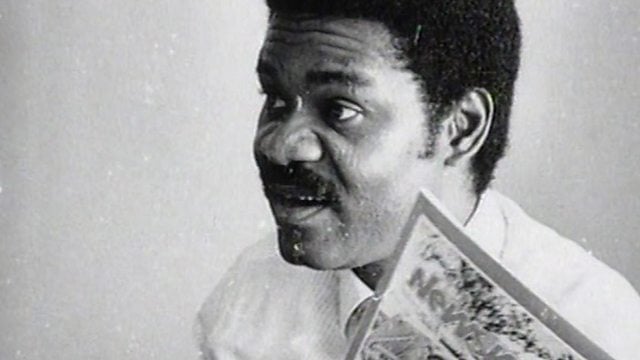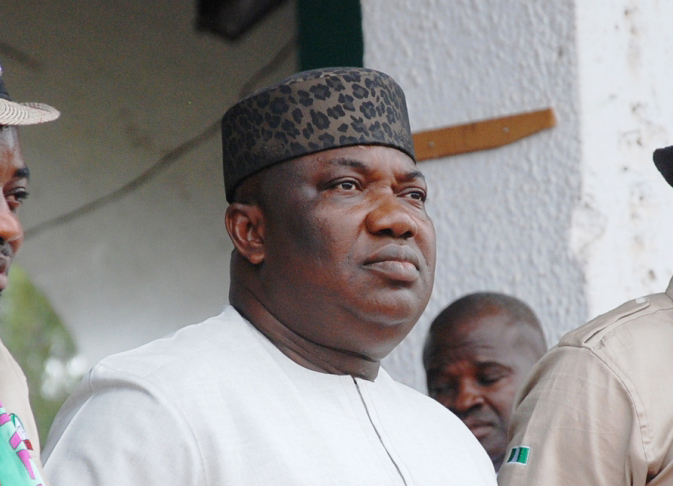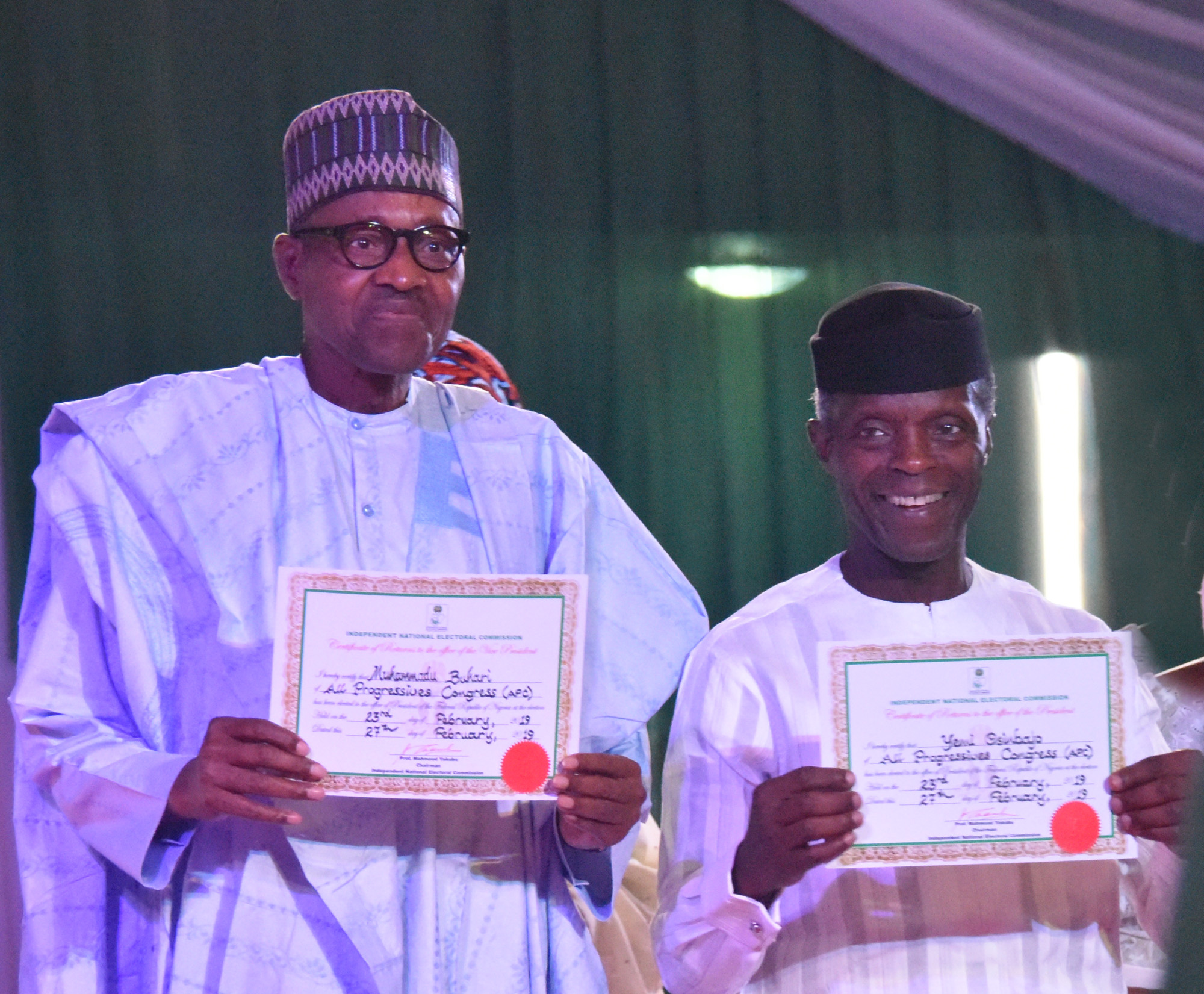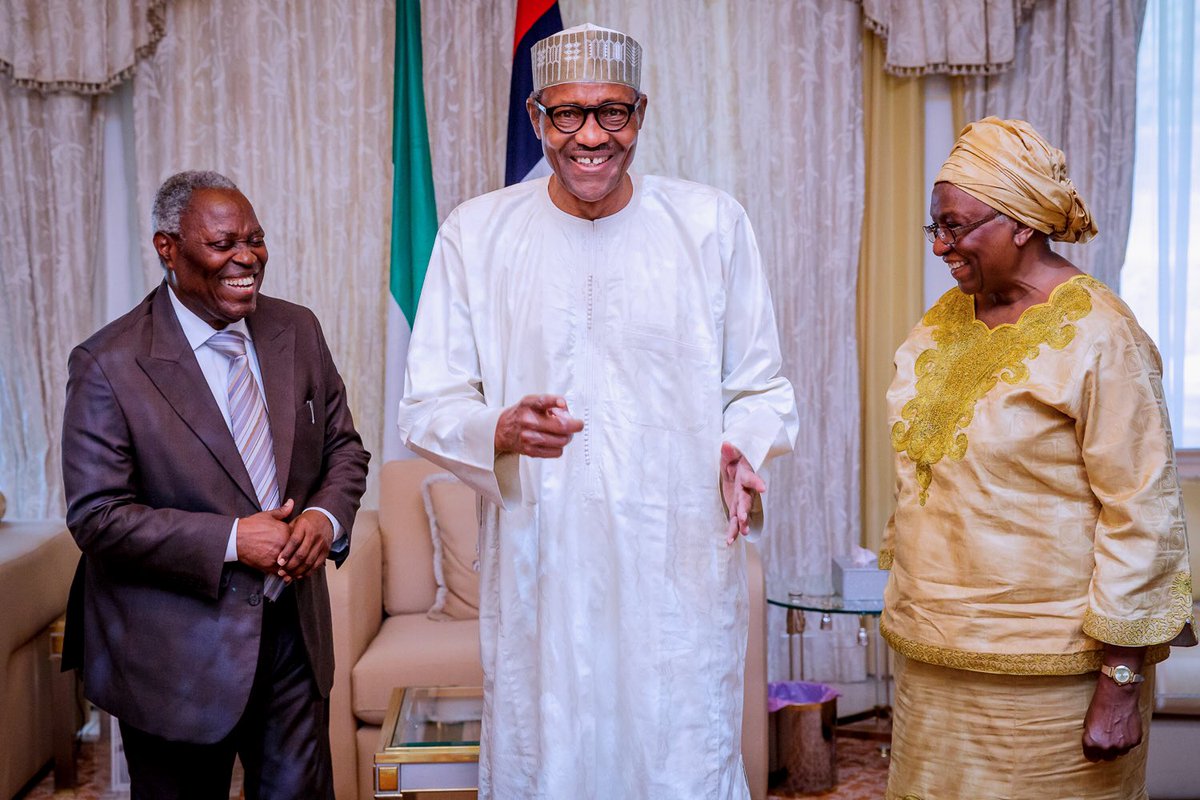If it had been news about the former sports minister who had defiantly sat on $150,000 mistakenly paid into the ministry’s account by the IAAF, I might have found it easier to believe.
Never mind Solomon Dalung’s beret and fatigue, his recalcitrance over the miscued money is at odds with his socialist pretensions. The IAAF saga suggests that he likes money and covets it even more when it does not belong to him. Why seize $150,000 in spite of passionate pleas by IAAF for two years that only $20,000 was actually meant to have been transferred?
But Dalung is Dalung, one of President Muhammadu Buhari’s many pre-historic discoveries in a cabinet of strange bedfellows. As Dalung stood over the sports ministry’s treasury shortly before departing on May 29, brooding with green eyes while the ministry reluctantly refunded IAAF’s overpayment of $130,000 – one certified dollar at a time – a story was brewing of another minister who, unlike Dalung, swore publicly that he does not like money.
Former Transport Minister, Rotimi Amaechi, not only disavowed bribes, he said that he would not even be tempted, much less yield, because he does not like money.
Advertisement
From the news last week, temptation may be at the minister’s door in form of the Lagos-Ibadan railway construction, which reports suggested may have been significantly inflated. Multiple news reports said while the 156-km Lagos-Ibadan railway line is estimated to cost $2b, mostly sourced from loans borrowed from the Chinese, the same Chinese could finance the rehabilitation and construction of Ghana’s 414-km railway line for $2b.
Different sources estimate that the cost of constructing the Lagos-Ibadan railway should not be the same as the cost to build the one in Ghana – and in fact should be significantly lower – since Nigeria’s is roughly one-third shorter, without any significant differences in gauge-type, power source or terrain.
To be fair, Amaechi’s tenure had expired when the news broke, but his exit cannot justify the silence by him or by the ministry. The remotest suggestion that public funds may have been misspent or that the country may have been cheated by partners who appear determined to drown us in loans, must grieve a minister who does not like money. Neither his nor public fund is good to waste.
Advertisement
Keep in mind that at some stage in this business – long before Ghana thought of revamping its own railway line – Amaechi had invited the Ghanaian Minister for Railway Development, Joe Ghartey, to see what the Chinese were doing with the Lagos-Ibadan railway line, among others.
It was after the visit that Ghana locked down its own 414-km standard gauge deal with the Chinese, which would also include the building of two terminals in addition to plans to establish local hubs to build locomotive coaches.
How did Ghana get a better deal when Nigeria still does not know how much it has so far borrowed from the Chinese in what now appears to be a rogue’s inventory of loan grab for everything from power to airport renovation and railway construction?
Don’t get me wrong. I’m familiar with the mantra about non-consumption borrowing; about relatively safe debt-GDP ratio; and about how borrowing is good as long as it can be paid back.
Advertisement
Clearly, the zeal with which former President Goodluck Jonathan pursued reviving the railways, followed by Buhari, is commendable. And if they had pledged a pound each of 200m Nigerian flesh to borrow to build our railways, we would have gladly obliged them.
But we will not be taken for an expensive 156-km ride and not ask questions when Ghanaians would be paying far less for double the distance. It won’t happen.
After years of broken promises and scandalously missed deadlines, Amaechi had promised the country that the Lagos-Ibadan railway line would be open in May 2019. But just as he was saying that earlier in the year, the Chinese contractors, unknown to him by his own confession, were on board a flight to Beijing and would not return until after the general elections were over.
Not only is the project now past its May delivery date (civil works on the Ibadan-Abeokuta section and also the Lagos-Iju axis have been disrupted by the rains), the project cost has also increased by a sum which Amaechi publicly and defiantly refused to disclose. That is unacceptable. The public has a right to know.
Advertisement
No journalist I know has taken as much interest and pain in highlighting the malicious confusion around this railway line project like the syndicated columnist, SonalaOlumhense. Time and again, he has called out Buhari’s government, and Amaechi in particular, over the handling of the project.
In an article on October 8, 2017, entitled, “Nigeria’s railway merry-go-round,”, Olumhense narrated how Amaechi told a business forum in Abuja on January 23, 2017 that the government had paid its full counterpart funding of N72billion for the construction of the Lagos-Ibadan rail line.
Advertisement
According to the article, Amaechi added that the payment was required to access a $30billion Chinese government loan, already approved by Beijing and only waiting approval by the National Assembly.
In March of the same year, Amaechi said again that the Chinese Export-Import Bank (EXIM), was prepared to lend Nigeria $6.1billion to complete all current rail projects in Nigeria – and all, here, meant, Lagos-Ibadan; Lagos-Calabar; Lagos-Kano; Abuja-Kaduna; and the Abuja light rail.
Advertisement
And then one day seven months later, Amaechi said the country may not develop the rail networks, after all, because, “there is no money.”
In Nigeria, the journey from too much money to money missing, and finally, no more money takes only a press statement, which once reported vanishes into a blackhole. Whatever the Ghanaian minister saw during his visit that recommended the Chinese model to him might just have been the idea in principle and a sense of what can be done in his own country.
Advertisement
If Ghartey ever saw the first page of the contract papers – the billions of dollars sunk in loan by the Chinese and the missed deadlines – he might have thought we were building a snail rail. To quote Olumhense, Nigeria has spent “about $75billion, but nobody is making clear where the investment has gone or is going.”
But as surely as the Chinese know the cost of every stone on the Great China Wall, they’re keeping record of the loans and would call in every yuan someday. We can enjoy our debtor’s paradise for now, but a country like China that executes its public officers for corruption knows where to draw the line.
The culture is different here. The Chinese know it, have mastered it, and are quite happy to abet corruption. Our public officers conduct themselves as if they owe us nothing and we must either endure their arrogance or get lost. That might have been acceptable 21 years ago under military rule, but we’re well past that stage. And citizens must demand account.
Amaechi may no longer be in office – or he may be waiting to return – but he owes the public an explanation about why we may be paying significantly higher for a railway line that is comparatively shorter than what Ghana is getting.
When the Kenyan government was accused of spending $3.6billion to build the 250km Mombasa-Nairobi railway line, which cost significantly higher per kilometre of track than the Addis Ababa-Djibouti rail line ($3.4billion for 756km), the Kenyan government explained that the Mombasa-Nairobi line would carry more cargo and be powered by diesel. There was, at least, an official account.
It took only five years (2011 – 2016) to complete the Addis-Djibouti line (powered by electricity, which significantly increased the cost); and six to complete the Mombasa-Nairobi line. Both services have opened up vast business opportunities along the routes, connected more towns, multiplied trade and economic activities, and drastically cut commute time and needless loss of lives on bad roads.
We know that Amaechi does not like money. But millions of Nigerians who have to make honest money and love doing so need to know why Ghana appears to be getting a better deal than Nigeria in a rail project over which we have suffered much already.
Silence would be a $2b insult, unbecoming of a man who might have been happy to serve Nigeria free-of-charge as minister, if only we asked him. And so, now we ask him nicely: Amaechi, what happened?
Ishiekwene is the managing director/editor-in-chief of The Interview and member of the board of the Global Editors Network.
Views expressed by contributors are strictly personal and not of TheCable.
Add a comment

